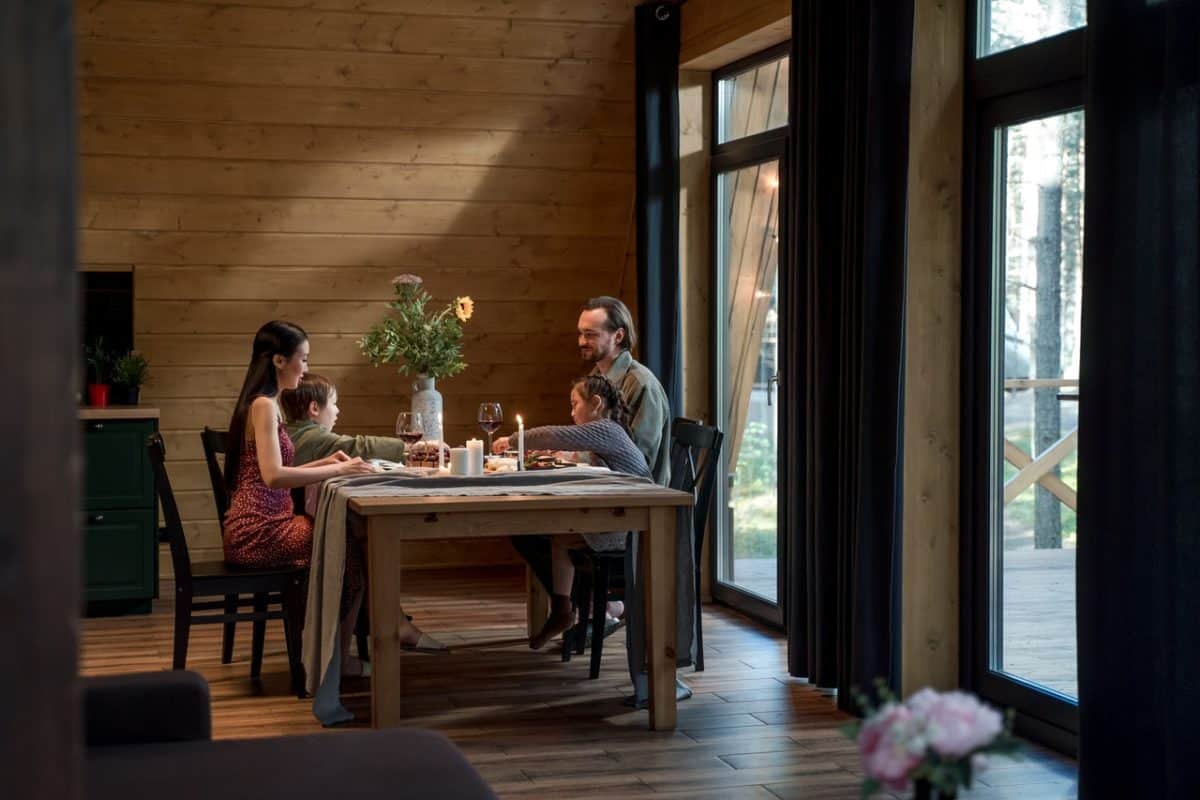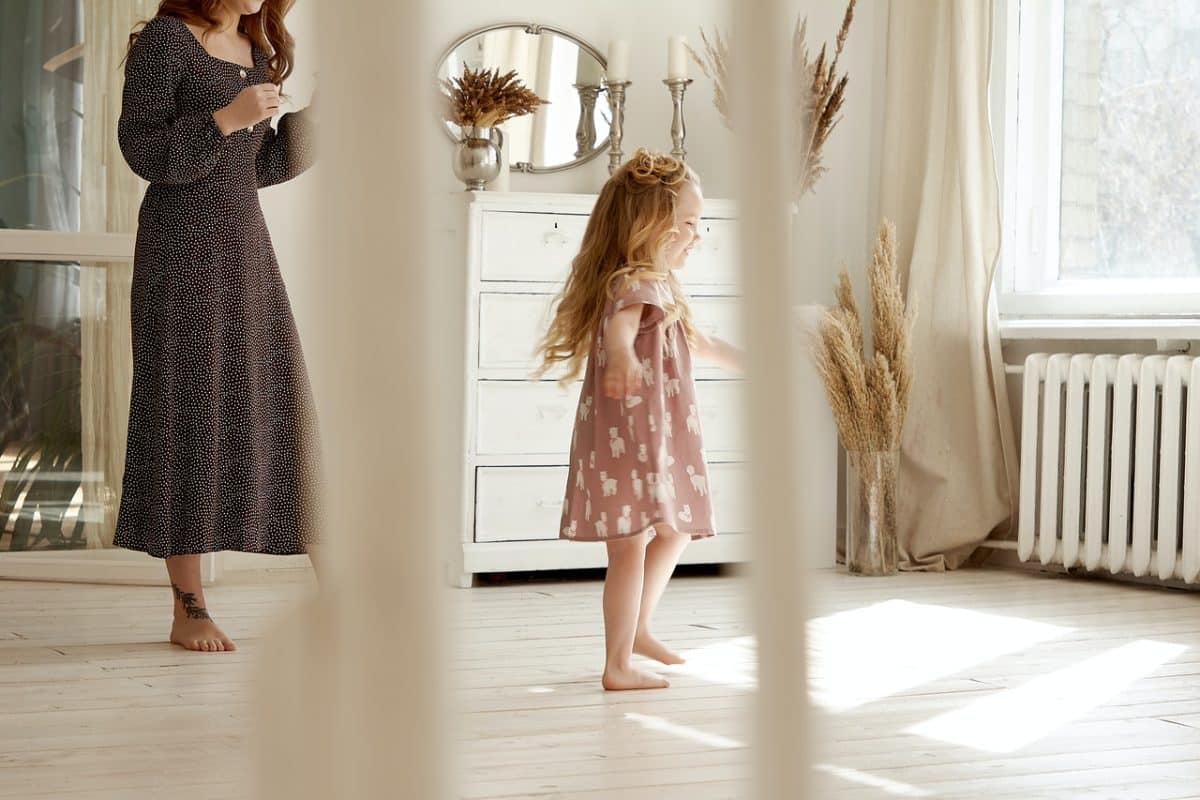How to have a trial separation in the same house: A legal guide
If you’ve been thinking about separating but are not sure if you want to go through with it, a trial separation in the same house may be an option for you.
By Camille Saunders-Browne, Lawyer at AFL Kordos, Melbourne
If you speak to a family lawyer about separation one of the first things you’ll be told is no Court or solicitor will interfere in a relationship that has the potential of reconciling. A trial separation in the same house can help you decide if the relationship/marriage isn’t over and may need some counselling to assist in repairing the relationship.
Alternatively, you may decide that the relationship/marriage can’t be repaired, and you need to move forward with your own lives separately.
Firstly, what is a trial separation?

Trial separations are becoming a more frequent tool used by couples and families to assist in deciding if the relationship should continue or not. It’s an agreed period of time for couples to have their own space while living in the same house.
When to trial a separation in the same house
If you’re experiencing difficulty in your relationship and/or having trouble getting your partner to understand how serious you are about there needing to be a change in the relationship, a trial separation in the same house can be a way to help the other person grasp your intentions. It shouldn’t be used as a manipulative tool and shouldn’t be proposed impulsively.
For couples with children, it can be a good transition into any potential changes in the family dynamic, such as one parent moving out. Parents can monitor a child/children’s needs and reactions to the trial separation and have a better understanding of how separation could impact them and what each parent needs to do that’s in the best interest of the children.
Outside of relationship issues, it can also be useful in times of stress where you can feel overwhelmed by external factors such as a global pandemic, job security, the costs of living, etc. This has been predominantly so in the past two years with the global pandemic taking its toll on people psychologically, emotionally and physically. Having your own time may be all you need or it may give you the space to see you need to clear your head and make the decision to move on with your own life.
It may also be helpful to read the Federal Circuit and Family Court of Australia brochure: Marriage, families and separation, which you can read here.
Trial separation checklist

Plan
Before proposing a trial separation with your partner in the same house, have the logistics of how you think everything will work. Such as:
- where will each of you sleep;
- how long will it last for;
- how the finances will be looked after during this period;
- how will meals and grocery shopping work, etc.
Parenting arrangements during this time
If there’s a child/children involved, propose a temporary parenting arrangement. It may be best to have a calendar, especially with children to work out who will do school drop-offs or go to extracurricular activities, etc. Whatever the proposal is, it needs to be in the best interest of the child.
From a legal perspective, this is what prevents the child/children from being exposed to the least amount of conflict, minimal disruption to their routine as possible, and maintaining a meaningful positive relationship with each parent.
Communicate clearly and avoid conflict
Avoid conflict as much as possible, this isn’t meant to create an argument. When you propose the trial separation it may be difficult to express why. Having it prepared and being open to negotiations will help with this. Avoid putting someone or something at fault. This trial arrangement is designed to assist couples to make a decision about the future of their relationship/marriage.
It’s best to avoid making any promises that this will “save” the relationship/marriage or that a trial separation doesn’t mean the relationship/marriage won’t end in the future. You won’t know how you feel until after the trial separation period ends and unknown promises may cause difficulty in not respecting the trial separation or creating an unintended sense of hope for it to then end afterward.
Negotiate with your partner. It’s important for them to feel heard and to compromise with them in agreeing to the trial separation. If you don’t intend to negotiate and instead want to dictate terms this type of separation may not be suited for your situation and you may need to seek advice from a family lawyer instead.
What to expect
When couples separate often personalities shift. Some may be sad and want to make the effort to resolve issues to save the relationship. Others may be vengeful or ignore the situation and others may be content with the idea. Whatever the reaction, this will give you an indication of what a separated life may be like and help you decide what you want to do.
Proposing a trial separation may come as a shock to your partner and they may go on the defensive. If this is the case, reassure them this is something you need to clear your head, have some breathing room and be able to move forward from there. It doesn’t necessarily mean the end. However, you can’t know this until you have temporarily had the chance to see how you feel about the relationship/marriage and separation.
Once you have an agreement, stick to it. It can be easy to fall back into old habits when you’re in a new situation. Remember why you wanted to try this arrangement in the same house in the first place and make the decision at the end of the trial.
Next steps
If you’re unable to agree on the terms of a trial separation in the same house, or have tried it and have decided to separate, the next step is to seek legal advice from a family lawyer who can talk to you about options for separation under one roof or other alternatives. Australian Family Lawyers are specialists in family law with teams across all of Australia ready to help you make the next step for your future.
If you would like further trial separation advice, request a call back via the form below or feel free to reach out to our friendly team directly.
Do you have a question about family law or relationship law?
Call now 03 9088 3184
If you would prefer an Australian Family Lawyers team member to contact you, complete the form below.



